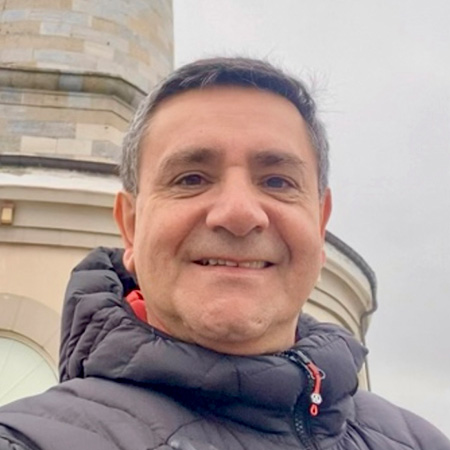
REWET Training
Nature Restoration Law and Wetlands Conservation
The REWET Training on Nature Restoration Law and Wetlands Conservation, held on 3 October 2024, brought together global participants for an engaging and insightful session. Organized by IDENER, the event provided environmental professionals, educators, conservationists, and community leaders with essential knowledge and tools to advance wetland conservation.
Key highlights included in-depth discussions on the ecological importance of wetlands, their role in biodiversity, water filtration, and flood control, along with strategies for effective restoration. The program also addressed the latest techniques in conservation and the framework of the Nature Restoration Law.
During the afternoon, the REWET consortium gathered for round tables discussions to explore challenges, needs, and solutions regarding business models, social engagement, and policy related to the implementation of the Nature Restoration Law in REWET Open Labs.
Materials from the event, including recordings and presentations and the insights from the round tables discussions are now available online for those who could not attend or wish to revisit the content.

Florian Clayes
Florian Claeys is a policy officer at the European Commission's Directorate-General for the Environment, where he is one of those responsible for the Nature Restoration Law. After participating in the inter-institutional negotiations, he is currently dealing with implementation issues, including the development of national restoration plans and the establishment of monitoring and reporting arrangements. In addition, he is involved in the design of new financing instruments for biodiversity actions within the EU, as well as in strengthening the interconnections between EU climate and biodiversity policies.

Kris Decleer
Kris Decleer is a senior researcher and landscape ecologist at the Research Institute for Nature and Forest (Brussels, Belgium) with a special interest in wetland conservation and restoration. He founded the European Chapter of the Society for Ecological Restoration as an international NGO and acts as the science-policy interface for the organisation in forums such as the EU Biodiversity Platform and the Nature Directives Expert Group. He was intensively involved in advocacy work on behalf of the scientific community to get the EU Nature Restoration Regulation approved. In Flanders, he put wetland restoration on the political agenda with studies on the loss of wetlands in the past 50-60 years and the remaining restoration potential analysed with the help of GIS modelling and cost-benefit analysis. As a volunteer, he is responsible for the management and restoration of a 60 hectares fen meadow nature reserve in Flanders for over 40 years.

Alessandro Petraglia
Alessandro Petraglia obtained a PhD in Plant Biology in 2005 from the University of Parma. For more than 25 years, he has been studying high mountain environments, investigating the factors that influence the survival, distribution and coexistence of plant species in the main ecosystems that constitute the Alpine Life Zone. The core of his research consists of monitoring and doing experiments in alpine tundra environments and in bryophyte-dominated ecosystems such as peatlands and springs. In these ecosystems he has studied the effects of climate change on growth, reproduction and phenology of plant species, biodiversity, primary production, decomposition and CO2 fluxes.

Elisa Soana
Elisa graduated in Sciences and Technologies for Environment and Resources in 2008, and she defended her PhD in Ecology in 2013 at the University of Parma. From 2019, she is assistant professor in Ecology at the University of Ferrara (Department of Environmental and Prevention Sciences) and she teaches General Ecology and Freshwater Ecology for the bachelor’s degree in Biological Sciences. Her research focuses on biogeochemistry, particularly the genesis, transport and transformation of nutrient loads along the terrestrial-freshwater-estuarine continuum in agricultural watersheds and the use of aquatic vegetation as a nature-based solution to control eutrophication and nitrate contamination.
Eulogio Chacón-Moreno is a distinguished ecologist with a proven track record in landscape ecology, ecosystem mapping, and the impacts of global change on biodiversity. With a PhD from ITC and Wageningen University, he has dedicated his career to understanding the intricate relationships between ecosystems and human activities. As a researcher and consultant, Chacón-Moreno has led numerous groundbreaking projects, developing innovative strategies for biodiversity conservation and climate change adaptation. His expertise extends to the design and implementation of sustainable development initiatives, incorporating both scientific knowledge and community engagement. Currently, he is a researcher and consultant at the Climate Research Foundation.
Discover the outcomes of the round tables on Bussines models, Social Engagement and Policy for wetlands.
